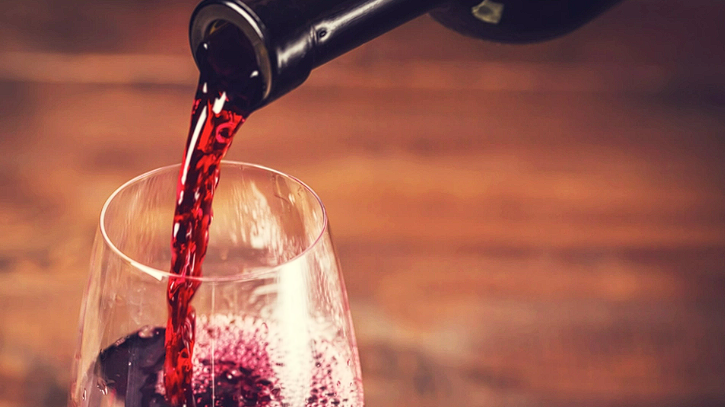A neurologist has disclosed the age at which one should definitively cease consuming alcohol to mitigate the risk of dementia.
Others are reading now
In U.S, alcohol consumption is linked to approximately 150.000 deaths annually, according to Centers for Disease Control and Prevention (CDC)
Regular alcohol drinkers may suffer significant health damage. Exceeding two drinks per day for women and three for men categorizes alcohol as a major risk factor for certain cancers (mouth, throat, esophagus, colon-rectum), liver diseases (cirrhosis), pancreatic disorders, and cardiovascular or psychological issues (anxiety, depression).
Alcohol as a “Direct Neurotoxin” Affecting Brain and Memory Function
Excessive alcohol consumption can also be linked to early-onset dementia.
Also read
In an interview with The Sun, Dr. Richard Restak, a neurologist, likened alcohol to a “direct neurotoxin” – a substance that harms or disrupts the functioning of the nervous system. Such damage from alcohol could therefore impair brain function and memory.
To prevent these risks, the specialist disclosed the age at which one should completely and permanently eliminate alcohol from their diet.
“I strongly suggest that people aged 65 or older completely and permanently remove alcohol from their diet,” advised the author of the book
“How to Prevent Dementia: An Expert’s Guide to Long-Term Brain Health.” He also recommended reassessing one’s relationship with alcohol, regardless of age, especially if it’s used as a means to calm nerves or alleviate anxiety.
Wernicke-Korsakoff Syndrome: Dementia Associated with Excessive Alcohol Consumption According to the neurologist, there’s a specific dementia that can affect excessive alcohol drinkers: Wernicke-Korsakoff Syndrome.
This condition is characterized by “a severe loss of recent memory” and “results from the direct effect of alcohol on the brain,” described Dr. Richard Restak. Over time, excessive alcohol consumption can also lead to a vitamin B1 deficiency, potentially triggering this syndrome.


